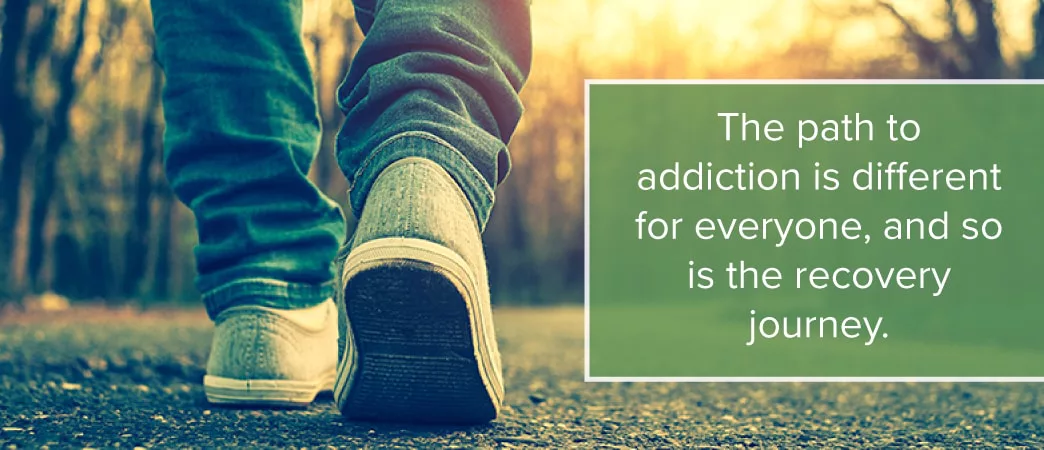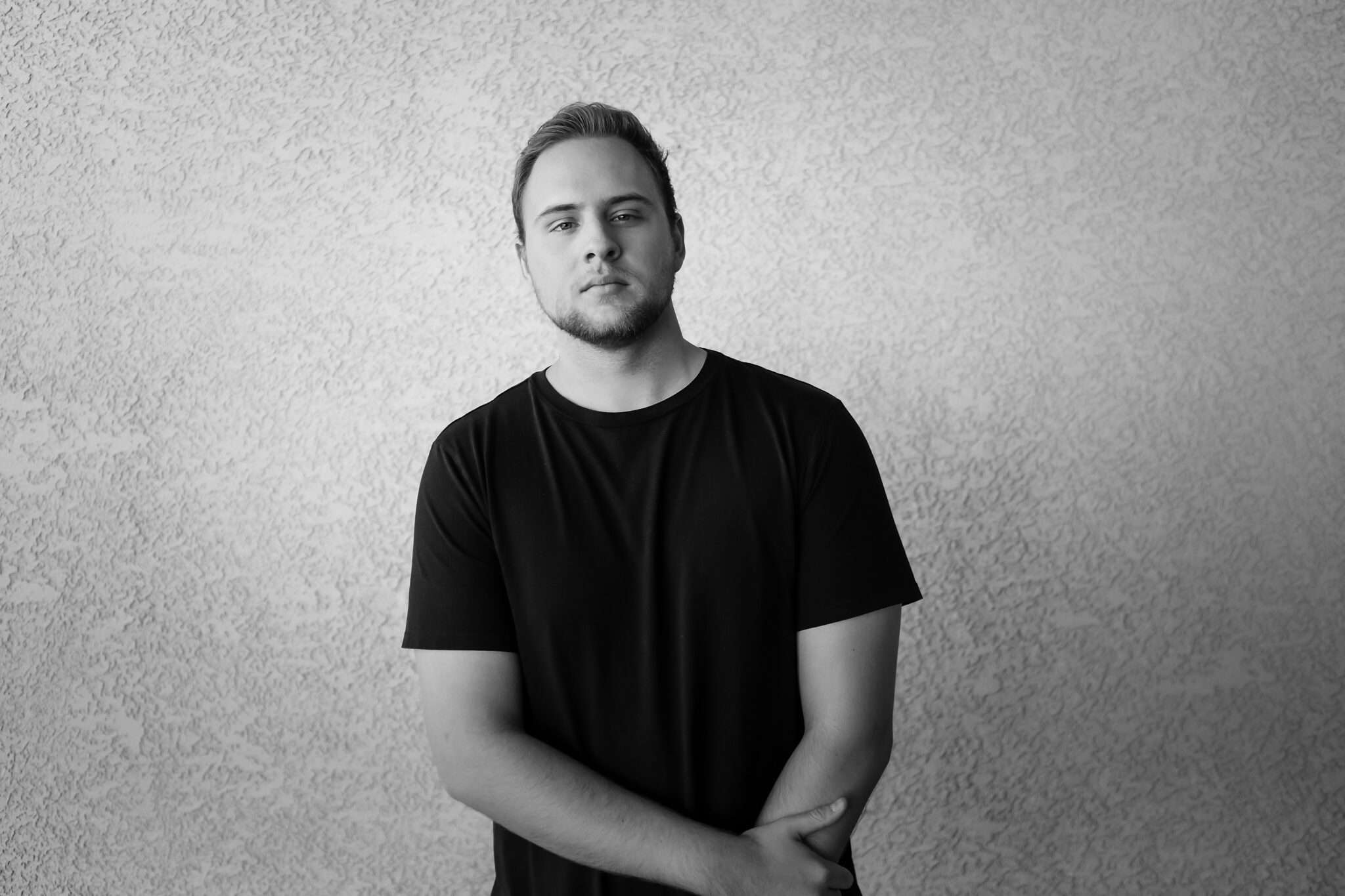Substance Users And Families Can Learn From Relapses
Nobody has to relapse, and many people who enter recovery never do providing they stay committed to the lifelong recovery process. For those who do relapse, it can take a personal toll on them as well as their families. A relapse is said to occur if the substance user was sober prior to the relapse. In other words, the loved one was in recovery and not just abstaining from drugs on willpower using drugs in that case would be called resuming.
How Can I Prevent Relapse
After successful treatment for substance abuse, you may be faced with new challenges when reintroduced to the world as a sober individual. Many in recovery struggle with daily triggers, temptations, and cravings. Getting sober is a huge step but it is only the beginning. Staying in recovery can be difficult however, attaining long-term sobriety is made easier by taking certain measures. You can prevent relapse by taking care of yourself and seeking ongoing support in the form of individual therapy, group counseling, 12-step and other support group meetings, sober living homes, and more.
Make Use Of A Journal
Journaling is a great multipurpose way to prevent relapse. Use your journal as a way to track your moods, things that tempt you to use, and ways to spend your time that you find enjoyable. Journaling is a great way to reflect on where you came from, assess your goals, and set up a plan to pursue your dreams in recovery.
Don’t Miss: How To Know If Addicted To Alcohol
The 4 Most Common Causes Of Addiction Relapse
They are expectations, boredom, fear and resentment.
All of these represent emotional challenges for the alcoholic/addict and might present kryptonite to some people in recovery, regardless of how long theyve been sober or how strong their program. In addition, remember that maybe one or more of these dispositions might have been a major contributor to their original route to addiction in the first place.
Discover Some New Hobbies Or Reconnect With Old Ones

Only after getting clean do you realize how time-consuming it is to maintain a life of active drug addiction. Most of your time is spent either under the influence of drugs or coming up with the money you need to buy more drugs. Once you remove substances from the equation youre left with a lot of free time.
Idle time isnt the safest thing in early recovery. If you want to prevent relapse, use your time to find some new activities you enjoy or rediscover those that addiction took away from you. Try out a new recipe in the kitchen, go to a concert with some sober friends, or join a slow pitch softball league. There are countless ways to occupy your time that dont include drugs.
Don’t Miss: How To Leave An Addict
Why Do Addicts Blame Everyone But Themselves
Blaming others sometimes comes naturally to most of us. Blaming others is one of the most common human survival instincts or defense mechanisms. By blaming others, we give justification to a problem or a situation without taking responsibility.
Almost all of us have once in our lives blamed others so we could save our skin. So it is not surprising that addicts use this as well. So why exactly do addicts blame everyone but themselves? Listen to this podcast about sobriety.
Can You Prevent A Relapse
Although you cant altogether prevent relapse, there are things you can do. The first six months after leaving treatment are the most critical since its then when relapse is likely to happen. However, comprehensive treatment programs focus on establishing relapse prevention plans to help those in recovery.
A relapse plan can include:
- Following an aftercare treatment plan
- Participating in 12-step meetings
- Participating in sober social activities
- Continuing individual therapy sessions
Everyones relapse plan will look different, as it should align with the other triggers and situations around relapse. Moreover, a relapse plan is never set in stone. As recovering addicts continue to make progress, they must revise their recovery plan. Ideally, every six months or every year, looking back at this plan and reconsidering things like triggers, events, support system can help rewrite the prevention plan to make it valuable.
Read Also: How To Conquer Sugar Addiction
Becoming Comfortable With Being Uncomfortable
More broadly speaking, I believe that recovering individuals need to learn to feel comfortable with being uncomfortable. They often assume that non-addicts dont have the same problems or experience the same negative emotions. Therefore, they feel it is defensible or necessary to escape their negative feelings. The cognitive challenge is to indicate that negative feelings are not signs of failure, but a normal part of life and opportunities for growth. Helping clients feel comfortable with being uncomfortable can reduce their need to escape into addiction.
An Addicted Person Lies
This trait is more prominent to addicts whose addiction remains unknown to other people, especially their loved ones. They need to come up with a lie each time they need to buy or use drugs or alcohol. They lie about why they need to go to some places to cover up each time they purchase or use drugs.
They need to come up with lies as to why they are using up more money than usual. When they run out of money to finance their addiction, they think of excuses they could use to ask other people to ask for more money. Like a car run out of gas, there is an emergency in school or at work, for charity, etc.
This behavior is not always easy to notice in the initial start of an addiction, more so if the addict is not known to be a lying person. Family and loved ones could easily dismiss all the unexpected frequent need for money as a coincidence.
If an excuse does not make sense, chances are it is just made up, and someone is lying to you. When the behavior of a person or a loved one has changed significantly, and when all the excuses do not add up, then it is time for you to pay closer attention. Observe their actions, listen to their words, and try to do counter checks to see if their excuses match. For example, if they ask for extra money for school or work expenses, try to call their school or workmate to verify their words.
Read Also: How To Fight Meth Addiction
What Are Unrealistic Expectations
Unrealistic expectations happen when you dont know what youre getting into or you expect recovery to turn out differently. Those expectations can be about the treatment process or life after treatment. Some common unrealistic expectations include:
- Expecting treatment and recovery to be easy
- Expecting to immediately feel better in treatment
- Failing to understand how much work goes into recovery
- Thinking you can handle addiction recovery on your own
- Forcing perfectionist ideals on yourself and punishing yourself when you fall short of those perfect expectations
- Expecting addiction recovery to be a quick process
- Expecting recovery to be a constant positive trajectory the process often comes with highs and lows which you need to account for when setting expectations
- Thinking life will be perfect and back to normal after you complete treatment
- Thinking that addiction recovery will instantly solve other problems in your life, such as financial difficulties or marital problems
- Believing you wont still have to work on your addiction once treatment is complete
- Thinking addiction recovery has a definite end date
- Expecting loved ones to suddenly regain trust in you because youre in addiction recovery rebuilding the damage done to trust can take time
Does Relapse Mean That Treatment Is Not Effective
A common misconception about high relapse rates after receiving treatment is that relapse means that treatment has failed or that treatment was ineffective. However, what percentage of addicts stay clean doesnt have a real bearing on the effectiveness of treatment.
To better understand why treatment is not considered a failure if relapse occurs, we must examine why relapse usually happens. One of the reasons why a person may relapse is due to their belief that they no longer needed to actively maintain their sobriety. A recovering person may deem it unnecessary to continue to go to support group meetings and follow their relapse prevention plan after being clean for months. This may ultimately lead them to relapse.
To understand why this is the case with addiction recovery, we must look at other chronic, relapsing diseases with similar relapse rates, such as hypertension. If during treatment for hypertension, the symptoms become manageable, and treatment is deemed effective if the person then decides to stop their maintenance of the disease, then symptoms will likely return, but that doesnt mean that treatment isnt effective, it just means that the effective treatment was abandoned.
Addiction works in the same way by not following through on the long-term relapse prevention and addiction management strategies, one opens up to the possibility of their symptoms returning.
Also Check: How To Break Junk Food Addiction
How Common Is Relapse After Rehab And How Can It Be Avoided
A slip, or even a full-blown relapse, is not uncommon on the road to addiction recovery. Addiction to drugs and alcohol, also known as substance use disorder, is a chronic disease with relapsing-remitting cycles. Those in active recovery are in a state of remission, with no symptoms of addiction. Relapse occurs when symptoms of addiction return.
Relapse is NOT an indication of failure. While relapse can and does happen, it by no means signals that all is lost. A relapse can reinforce coping skills and strengthen the resolve to find long-term recovery.
Although there may be feelings of shame after a relapse, and loved ones may be fearful or frustrated, it is important that all parties remain as calm as possible. Loved ones who continue to express their support can be crucial in helping the person seeking recovery get back on the proper path.
People seeking recovery need to be reassured that they are not the first to relapse and they wont be the last many have done so and gone onto long-term recovery. Loved ones can help by encouraging contact with a physician, therapist, or sponsor, and to get to a 12-step or other support program meeting as soon as possible.
Lay The Groundwork With A Comprehensive Addiction Treatment Program

It isnt easy to stop the cycle of addiction on your own. You arent alone if youve had a hard time trying to quit using by yourself. Addiction treatment is a great place to start when youre looking to get clean. It places you in an environment where you can focus all your energy on laying the groundwork to prevent relapse and live a life of long-term recovery.
There are many different options for addiction treatment programs available depending on your needs. From detox to inpatient facilities to outpatient programs, there is a program for you. The combination of individual and group therapy, educational classes, and experiential therapy options help you learn to live free from drugs.
Read Also: How Do You Know If Your Addicted To Nicotine
Human Neuroimaging Studies Documenting Chronic Substance
Several studies have documented lower gray matter volume in cortical, thalamic, and cerebellar brain regions in individuals with substance use disorders . More severe gray matter deficits have been reported in relapsers than in abstainers . Assessing volumes in specific regions of the amygdala, hippocampus, and ventral striatum in alcoholics after only 1 week of alcohol abstinence, Wrase and colleagues recently reported lower amygdala volumes in those who relapsed compared with those who remained abstinent. In a comprehensive analysis using voxel-based morphometry, we examined changes in gray and white matter volume in abstinent, recovering alcoholics compared with controls and assessed whether volume changes predicted time to alcohol relapse and heavy drinking relapse . We found that lower medial frontal cortical and parietal-occipital volumes in recovering alcoholics significantly predicted shorter time to alcohol relapse.
Why Do People With Addiction Relapse
Impacted by genetics and life experience, addiction varies by individual. Learn about biological factors that make substance use recovery hard and treatments to help.
For celebrities struggling with substance addiction, the recovery process is often anything but private. That was recently the case for singer Demi Lovato, whose relapse of drug use led to a hospitalization and rehab.
But the addiction and public stigma can affect anyone, regardless of age, gender or social status.
Addiction is really stigmatized it comes from a fundamental misunderstanding of what addiction is, says Jonathan Morrow, M.D., Ph.D., an assistant professor of psychiatry at the University of Michigan.
People see that drugs are being used over family and work, but no one chooses to be an addict.
LISTEN UP: Add the new Michigan Medicine News Break to your Alexa-enabled device, or subscribe to our daily audio updates on iTunes, and Stitcher.
Its not a life that people want to live its a disease of the mind, and its not helpful to blame people for a disease that they have, Morrow says.
Substance use problems can begin when addictive drugs activate motivational systems in the brain, creating a strong urge to use the drug repeatedly, regardless of negative consequences and side effects.
The resulting addiction is a mental battle that can turn peoples own minds against them.
This isnt coming from the person themselves. Its coming from their addiction.
You May Like: How Do Meth Addicts Act
Get Help Setting Realistic Expectations For Your Addiction Recovery
If youre ready to enter addiction recovery, 12 Keys Rehab is here to help. Our trained staff can help you establish and maintain realistic expectations throughout the addiction recovery process. The 12 Keys Model provides you with individualized treatment to ensure your addiction recovery fits your specific needs. Contact 12 Keys Rehab today to get started on your journey to recovery.
External And Internal Factors Also Contribute To Relapse
Besides the usual triggers and failing to attend an aftercare program, there are also several internal and external factors that could cause a person to relapse. Here are a few:
In Closing
Your recovery takes time, so you might as well give yourself time. Dont be in a hurry to recover as you may only find yourself failing and succumbing to relapse. The best thing you can do is to follow through the aftercare programs, even if you feel like you dont need to. Be with people who encourage you to get better, rather than those who tempt you to use drugs and alcohol again. Be in control of your situation and commit to full recovery. Its not too late to turn your life around and be healthy once again.
Talk to Someone Whos Been There. Talk to Someone Who Can Help. Arizona Addiction Recovery Center holds the highest accreditation and is Arizonas premier rehab facility since 2009.
You May Like: How Long Does It Take To Overcome An Addiction
Develop And Follow Through On Your Aftercare Plan
Toward the end of your time in treatment, youll sit with your counselor or case manager and develop an aftercare plan. Aftercare refers to the support plan youll follow after graduating your program and leaving the treatment facility. Adhering to your outlined program is one of the best ways to prevent relapse.
The majority of aftercare plans include some form of outpatient program or drug and alcohol counseling. Some include 12-step meetings or living in a sober living. The details of your specific aftercare plan will depend on the requirements and offerings available at your facility.
Why Do Drug Addicts Relapse Know How Important Is Drug Relapse Prevention
Why do some drug addicts keep relapsing, while other people seem to embrace recovery and start living a successful, drug-free life again? The question confounds us all and has been discussed at great lengths. Here are some of the reasons that we have found that people continue to fail and what to do for drug relapse prevention.
Don’t Miss: Is Nicotine As Addictive As Heroin
They Blame Because They Fear Change
They bury their subconscious guilt by blaming others because by taking responsibility, it would mean that they recognize and admit that there is a problem, and it is their fault. By acknowledging that there is a problem, it would mean that there is something that needs to be changed, and that would mean that there is something that they need to change.
Mindfulness Activities Might Help Prevent Relapse

Recovery takes time. Further treatment may be needed after an initial stay in rehab to help people reach long-term sobriety. During recovery, individuals should attend counseling or 12-step meetings, such as Alcoholics Anonymous or Narcotics Anonymous.
A 2014 study published in JAMA Psychiatry found that mindfulness-based relapse prevention programs may reduce relapse rates. These programs combine mindfulness activities such as sitting meditation with traditional relapse prevention skills, such as recognizing triggers.
Researchers involved in the study examined 286 people who successfully completed initial addiction treatment at a private, nonprofit facility between October 2009 and July 2012.
Participants entered mindfulness-based relapse prevention programming, cognitive-behavioral relapse prevention programming or standard aftercare treatment that included 12-step programs and psychoeducation. They were monitored for 12 months.
According to the results, people in mindfulness-based relapse prevention and cognitive-behavioral relapse prevention programs showed a much lower risk for relapsing to drug use or heavy drinking than those in traditional aftercare treatment.
A variety of factors can cause someone in recovery to relapse. However, engaging in aftercare services such as 12-step programs or halfway houses can reinforce strategies to stay sober. Individuals who experience chronic stress or feelings of depression should seek further assistance to avoid relapse.
Don’t Miss: What Causes Someone To Be Addicted To Drugs
